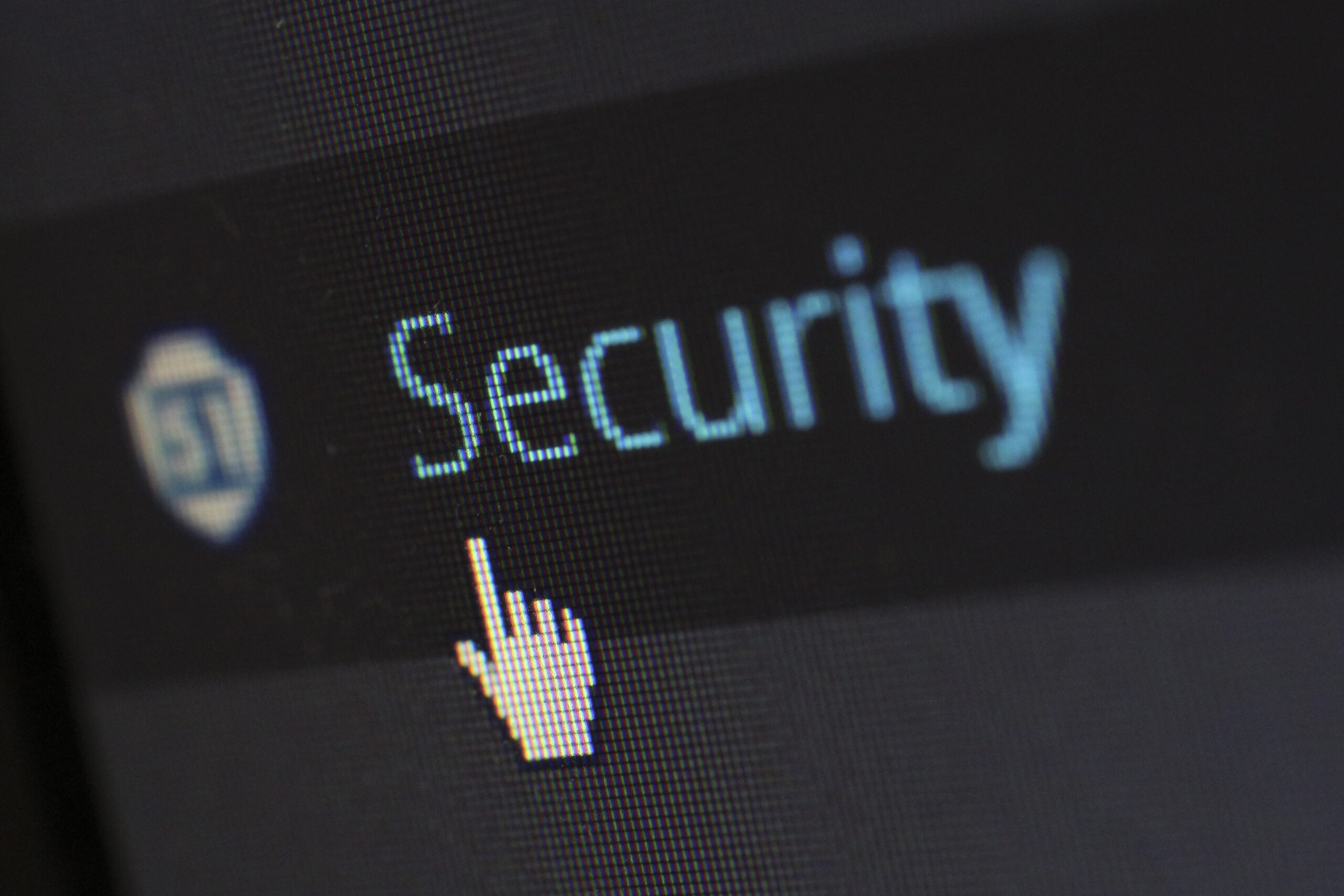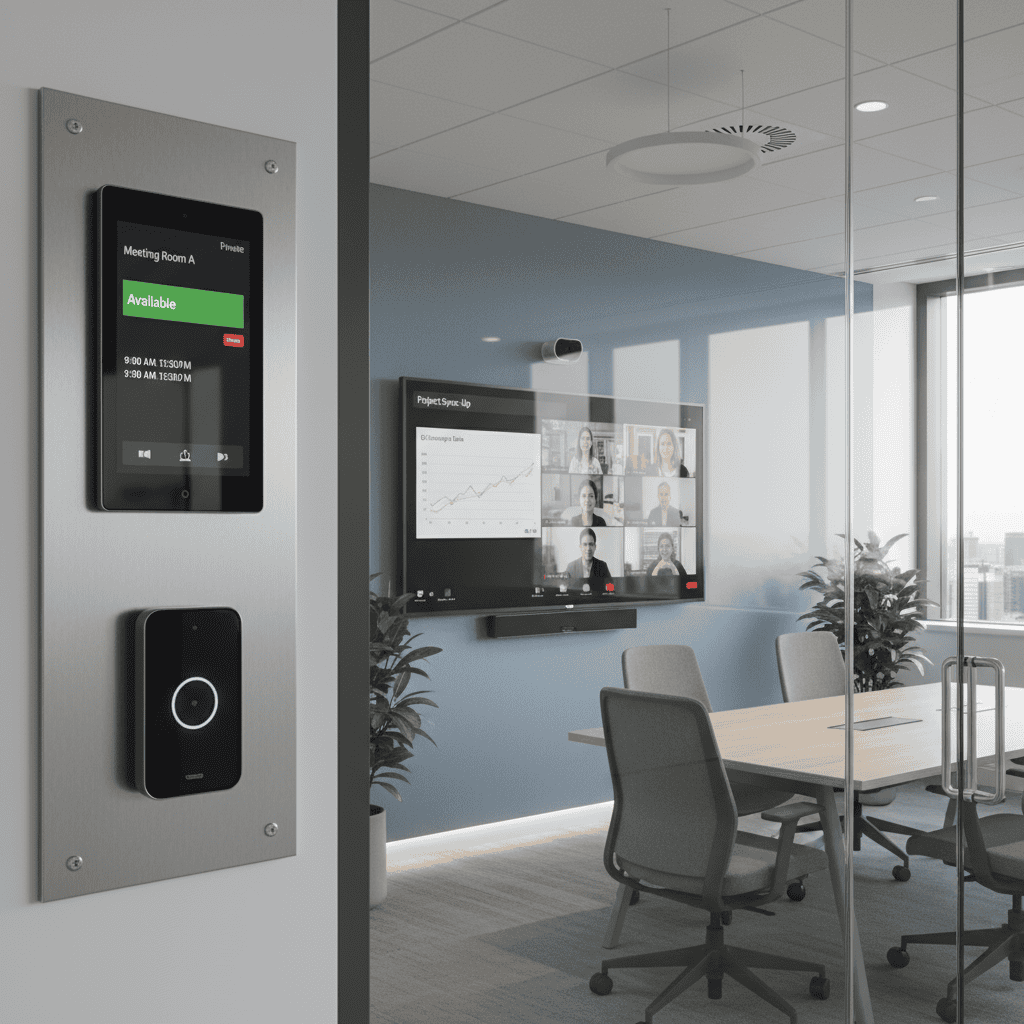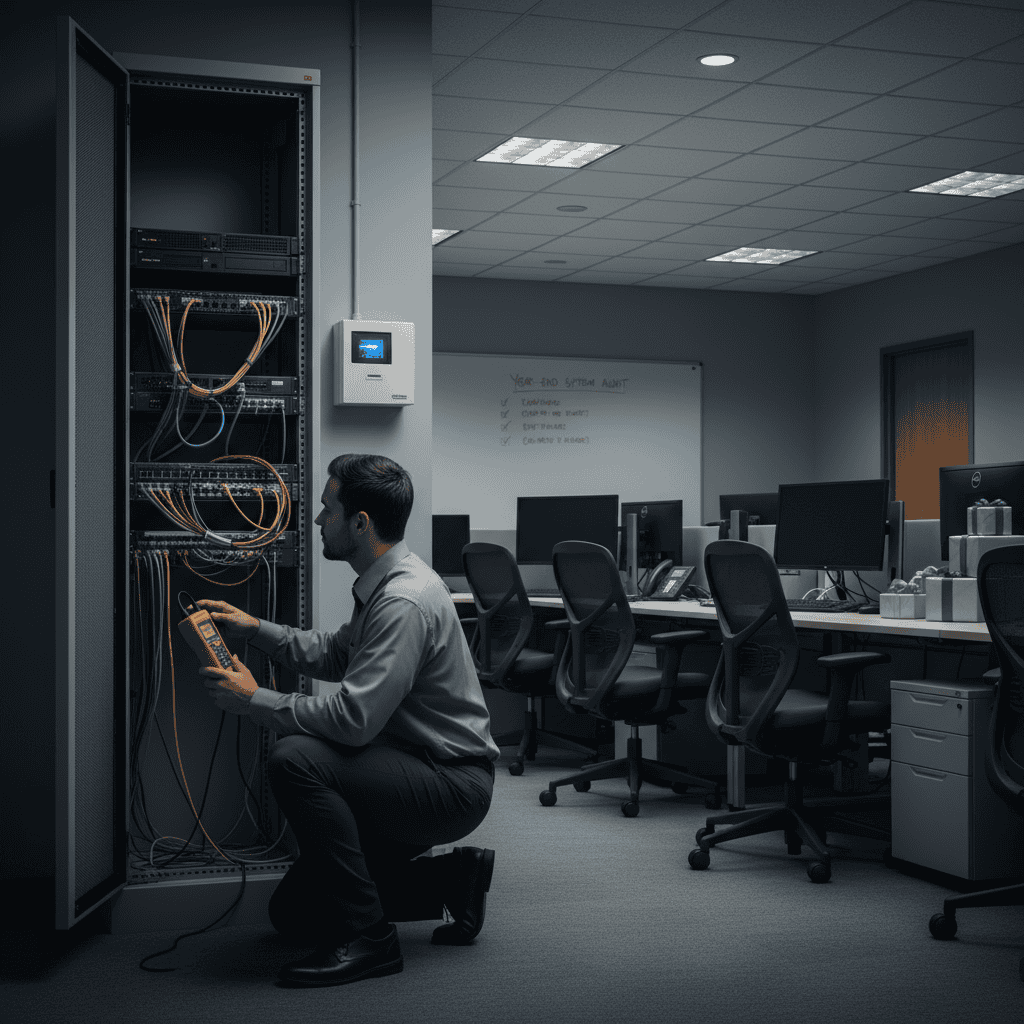Understanding Enterprise Security: A Guide For 2023

Larger organizations need a unique approach to security, although it is of paramount importance to all businesses. Enterprise security measures are essential for large enterprises with branches in various cities or countries. As the enterprise network inside an organization grows, so does the importance of enterprise security to ensure the confidentiality of its data. An attacker may probe any vulnerable entry point, such as a remote user’s network privileges. This highlights the need for managers to make enterprise security a key priority. Enterprise security is also becoming more vital as major companies across the globe have been hit with heavy penalties and regulatory scrutiny after hackers stole private consumer data and information.
Enterprise security is the process of performing checks and balances to safeguard the business IT applications and infrastructure. Enterprise security means the measures and protocols put in place to protect an organization’s data, networks, and systems from external and internal threats.
Enterprise security also often includes security policies and procedures for employee education and training, incident response planning, and compliance with industry regulations. Overall, enterprise security aims to ensure the confidentiality, integrity, and availability of an organization’s resources and sensitive information.
While the specifics of an enterprise’s security infrastructure may vary by sector and management policies, all large organizations will benefit from implementing two types of protection: intellectual and physical. Enterprise IT security today goes beyond looking out for people being in the wrong place at the wrong time. There’s more at risk than ever before since so much information is exchanged every second in credit card transactions and digital conversations alone. Large corporations must take more measures when it comes to digital and physical security.
Companies of all sizes, especially large corporations, have also had increased security worries since the COVID-19 pandemic. Whether keeping the facility secure at all times, screening visitors for illness, or overseeing a distributed staff, security management of modern offices faces a host of unique challenges. It might be challenging to devise a comprehensive plan for a safe reopening that considers the particular requirements of each building and workplace. Building technology upgrades to meet safety and wellness issues for COVID-19 and future difficulties are essential for a successful reopening and continued operation.
Why Is Enterprise Security Important To Modern Business?
Enterprise security is essential to modern business for several reasons. Firstly, it helps protect sensitive information such as financial data, personal information, and intellectual property from unauthorized access and misuse. With the increasing amount of data being stored and generated by businesses, the risk of data breaches, cyber-attacks, and other malicious intent is also increasing. These activities can have severe consequences, such as financial losses, reputational damage, and legal penalties.
Secondly, enterprise security is crucial for ensuring compliance with various laws and regulations. The General Data Protection Regulation (GDPR) and the Health Insurance Portability and Accountability Act (HIPAA) have strict requirements for protecting personal data. Non-compliance can result in hefty fines and penalties. Additionally, businesses operating in specific industries, such as finance and healthcare, have additional compliance requirements that need to be met to protect sensitive data.
Thirdly, businesses face new security challenges with the increasing adoption of cloud computing and other digital technologies. While providing many benefits, cloud services also introduce unknown corporate security risks such as data leaks, unauthorized access, and lack of control over data. Additionally, the proliferation of the Internet of Things (IoT) devices, such as smart cameras and smart thermostats, increases the attack surface for malicious attackers. Therefore, modern enterprise security must be comprehensive, covering traditional enterprise IT systems and newer technologies like cloud, mobile, and IoT.
Finally, enterprise security also helps to protect business continuity. Inadequate security can cause significant disruptions to operations, damage the business’ reputation, and cause revenue loss. Adequate security measures can help prevent these incidents and minimize their impact when they do occur.
Enterprise security is critical to modern business as it helps protect sensitive information, ensures compliance with laws and regulations, addresses new security challenges posed by digital technologies, and helps to protect business continuity. Businesses need to develop a security strategy to secure data and their operations.
What Does A Strong Enterprise Security Architecture Mean
Physical Access Security
Physical access security is a critical component of enterprise security architecture. It refers to the security systems put in place to control who has access to a company’s physical premises, equipment, and data centers.
Physical security measures include security cameras, alarm systems, secure doors and windows, biometric authentication, and security personnel. These measures are vital because they prevent unauthorized access to a company’s facilities and assets, leading to data breaches, theft, and other malicious activities.
One example of physical access security is cameras monitoring a building’s entrances and exits. This can help identify potential intruders and deter them from entering the building. Additionally, biometric authentication, such as fingerprints or facial recognition, can ensure that only authorized individuals can enter a building.
Another important aspect of physical access security is the use of security personnel. Having security guards or security experts on-site can help to deter potential intruders, and they can also respond quickly to any security incidents that occur. They can also ensure that only authorized personnel are allowed access to certain areas of the building, such as data centers or server rooms.
Physical access security is also crucial for companies that operate in regulated industries, such as finance or healthcare. These industries have strict requirements for protecting sensitive data, and physical access security can help to ensure that these requirements are met.
Physical security is considered an essential aspect of enterprise security, including protection against cyber threats such as social engineering, script-bot attacks, password cracking, and remote code injection.
Cybersecurity
Cybersecurity is a critical component of enterprise security architecture. It refers to the measures put in place to protect a company’s digital assets and information from unauthorized access, misuse, and attack.
Cybersecurity measures can include effective risk management decisions, firewalls, intrusion detection and prevention systems, encryption, and security software. These network security measures are essential because they can prevent cyber attacks like malware, phishing, or social engineering.
One example of cybersecurity is the use of firewalls to protect the corporate network. Firewalls act as a barrier between the organization’s internal network and the outside world, and they can be configured to block unauthorized access and suspicious traffic. Security solutions like intrusion detection and prevention systems can detect and prevent cyber attacks in real-time.
Another critical aspect of cybersecurity is the use of encryption. Encryption helps to protect sensitive data by converting it into a code authorized parties can only decipher. Data encryption is essential when the data is sensitive or confidential, as it helps protect the data in transit from being intercepted or accessed by unauthorized parties during transmission. Encryption can also help to protect data, even if it falls into the hands of an unauthorized person.
Enterprise Security Best Practices
Following best practices in enterprise security help protect sensitive information and assets from unauthorized access and misuse.
One best practice is to regularly update hardware and software to ensure that they are protected against the latest security threats. This includes keeping operating systems, applications, and security software up-to-date and free of unpatched software.
Another best practice is for employees to learn what enterprise security is. This can educate employees about potential security threats and how to identify and avoid them. It is important to make sure that employees know their role in protecting the company’s sensitive information and assets.
Also, gain support from the executive level. It would be best if you had the backing of the C-suite to build security measures that are strong enough to enforce. The top decision-makers are just as invested in risk management and information security as everyone in the IT department, especially in light of the dangers involved. The majority of company leaders realize that implementing a comprehensive defense strategy in depth is in their best interest. Artificial intelligence is an example of a risk mitigation solution needing the buy-in of executive management.
Another security practice is implementing a data backup and disaster recovery plan. This includes regularly backing up important data and having a plan in place to restore it in the event of a disaster. This can minimize the impact of a security incident and ensure that the company can quickly recover from it.
In addition to these best practices, organizations should conduct periodic security assessments and audits to identify weaknesses and vulnerabilities in their security infrastructure. This helps identify areas where you need to improve security and ensures that the organization’s security measures are up-to-date and effective. Get also into the habit of having your data encrypted and develop a security audit schedule. Create an effective security encryption strategy that can scale across your network and safeguard data in widely dispersed contexts using a mix of two-factor authentication, passwords, and file permissions.
The best practices include implementing a robust security infrastructure, regular software and system updates, security awareness training, data backup, disaster recovery, and periodic security audits and assessments.
About i.e.Smart Systems
i.e.Smart Systems is a Houston, TX based technology integration partner that specializes in design and installation of audio/visual technology and structured cabling. For more than three decades, our team of in-house experts has partnered with business owners, architectural firms, general contractors, construction managers, real estate developers, and designers in the Houston market, to deliver reliable, scalable solutions that align with their unique goals.




